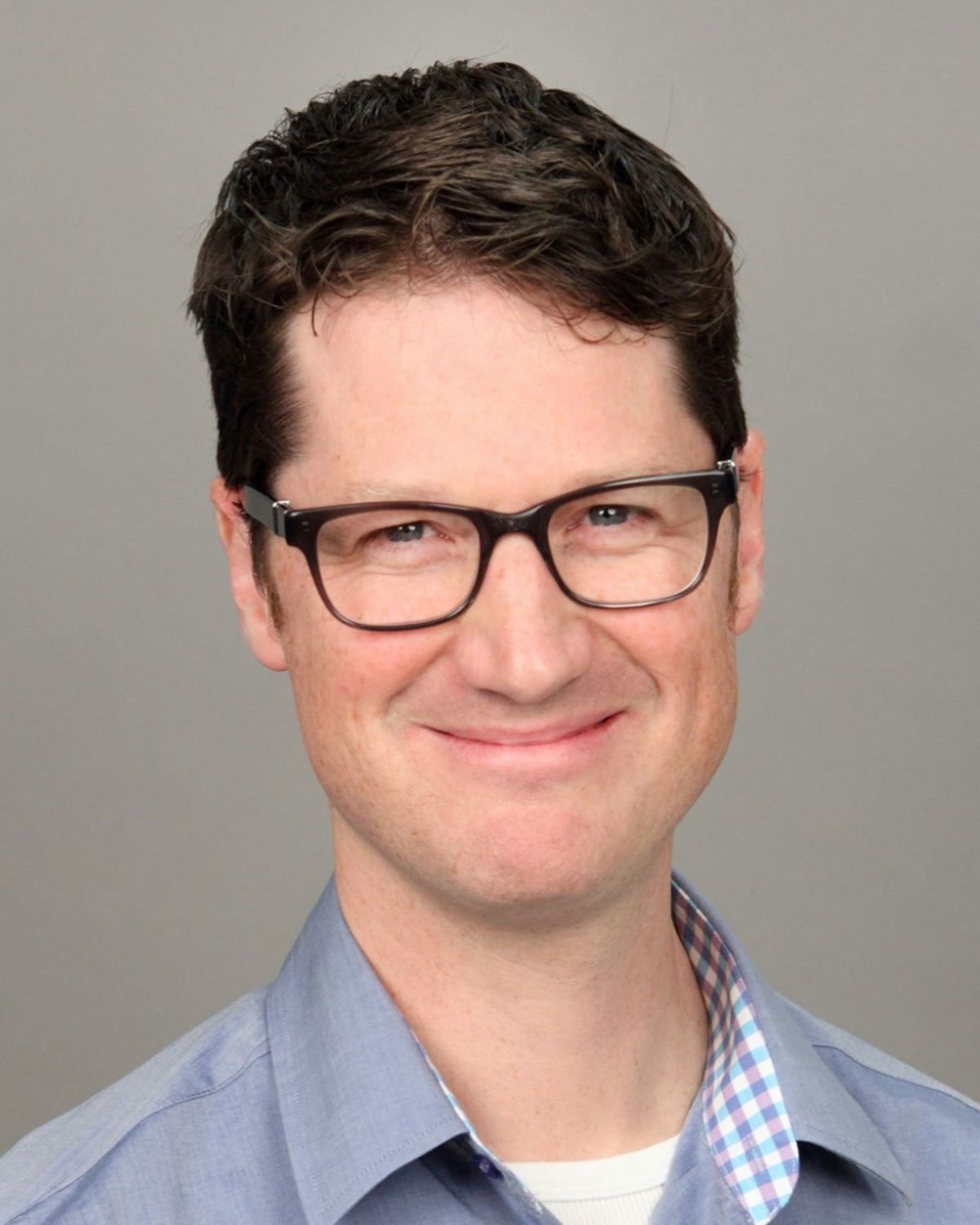FRANCIS LYNN
BIOGRAPHY
Francis obtained his PhD in Physiology from the University of British Columbia in 2003. Following this he moved to San Francisco for postdoctoral research with Michael German. Francis was recruited to the BC Children’s Hospital Research Institute in 2009 where he is head of the Canucks for Kids Fund Childhood Diabetes Research Laboratories, an Associate Professor in the UBC Department of Surgery and a Founding Member of the UBC School of Biomedical Engineering.
Francis’s research has been supported by numerous funders and his work, which focuses on understanding how we can improve the in vitro development of cell-based therapies for diabetes by taking cues from embryonic development, has been published in prestigious journals including Diabetes, Developmental Cell, PNAS, Nature and Nature Medicine.
TOPIC: ‘PATHWAYS TO PANCREATIC BETA CELL MATURATION’
Over the last 20 years knowledge generated through understanding of the biology of pancreatic endocrine cell genesis has guided the generation of insulin-producing cells from human embryonic stem cells (hESCs). Early phase clinical trials of macroencapsulated hESC-derived pancreatic progenitors transplanted into people with T1D have demonstrated differentiation and function of insulin producing cells.
Despite this promise a number of challenges remain, including the use of systemic immunosuppression, the delivery of cells that require further differentiation and/or functional maturation and significant interpatient variability in success. Using a functionally mature cell source, similar to pancreatic islets, may mitigate some of these challenges. Both niche factors and cell autonomous pathways are required for functional maturation of insulin producing cells.
I will discuss some of our recent work that has uncovered new pathways important for the functional maturation of mouse and human beta cells. This knowledge may be useful to generate fully differentiated and functional cell based therapy for T1D.

